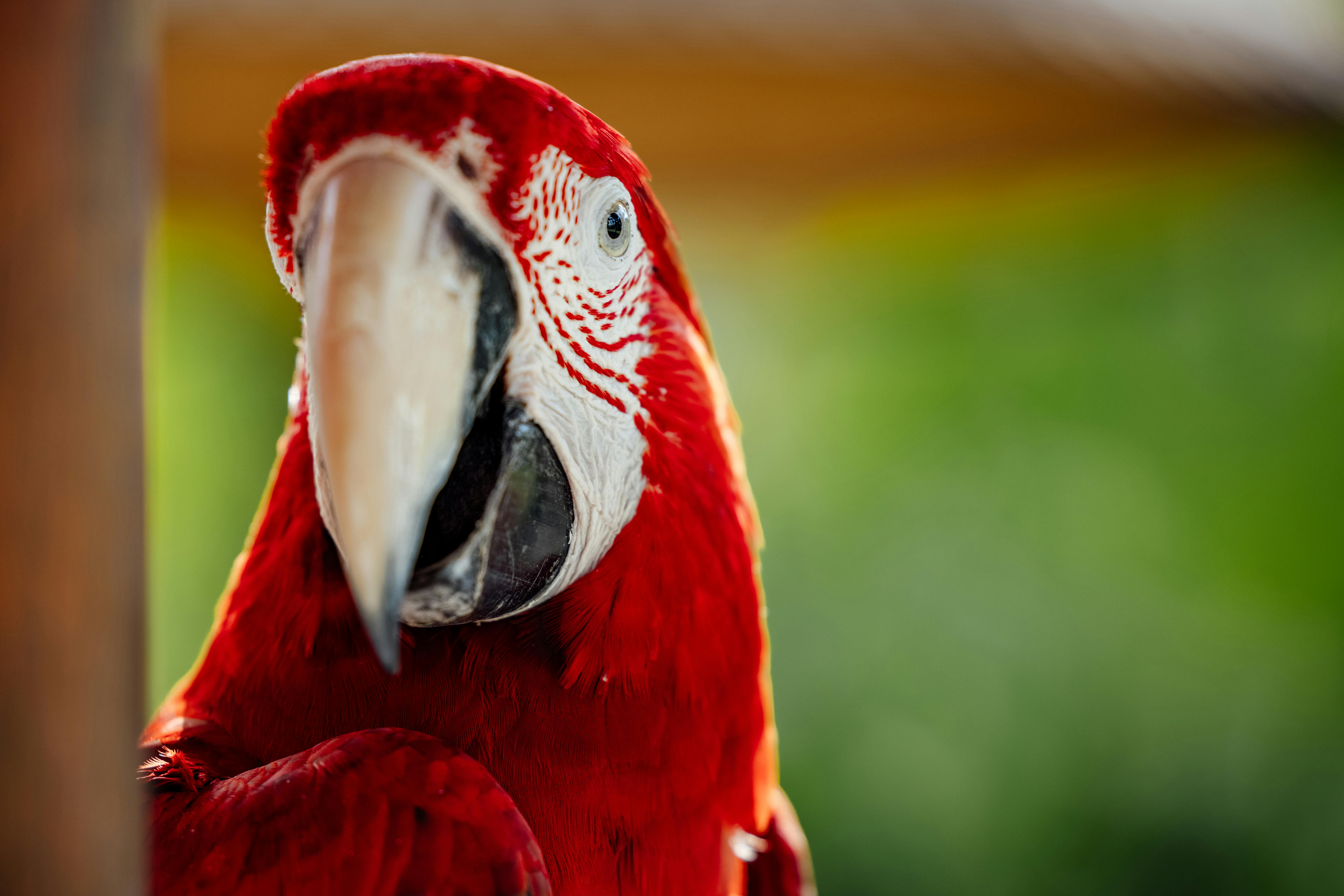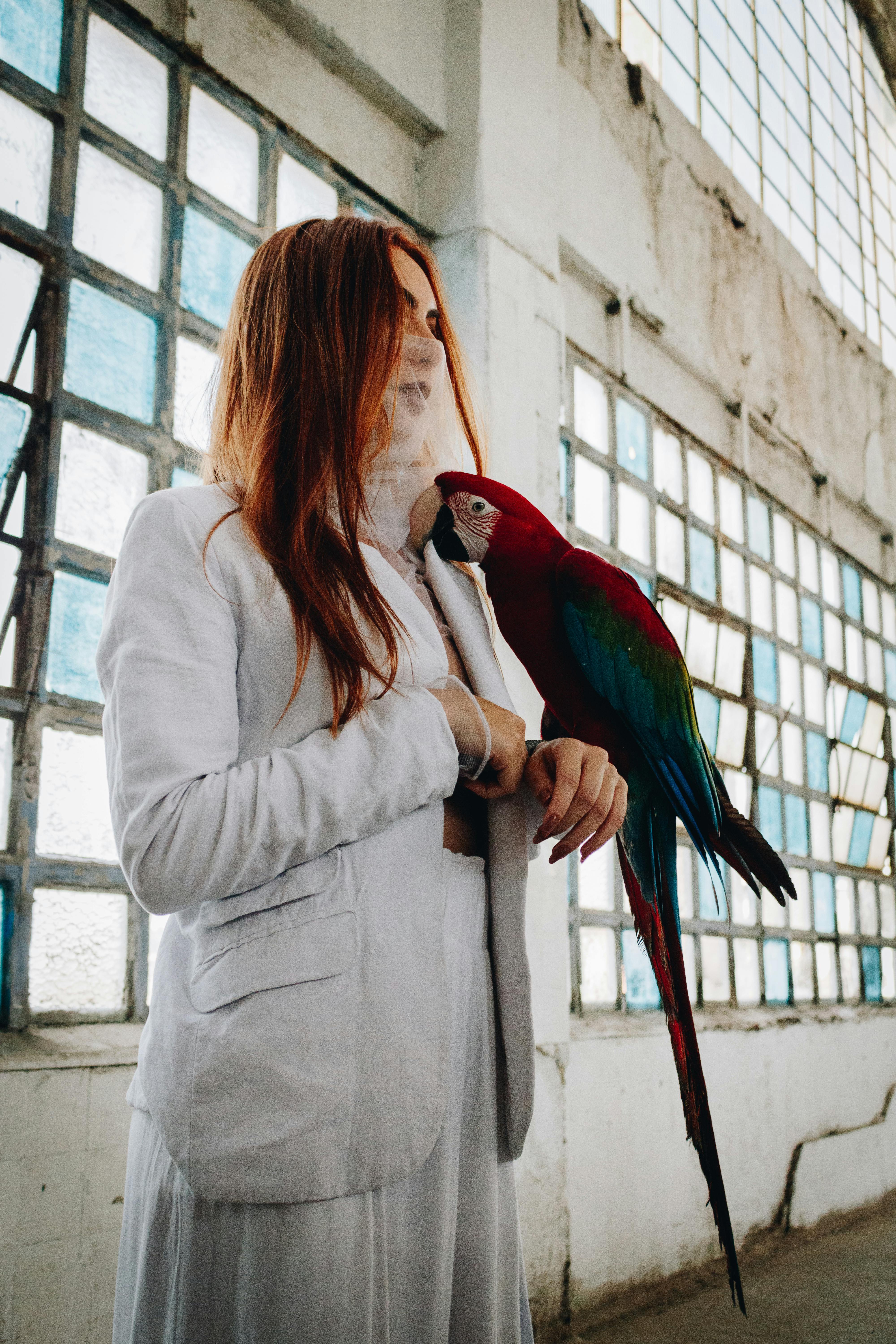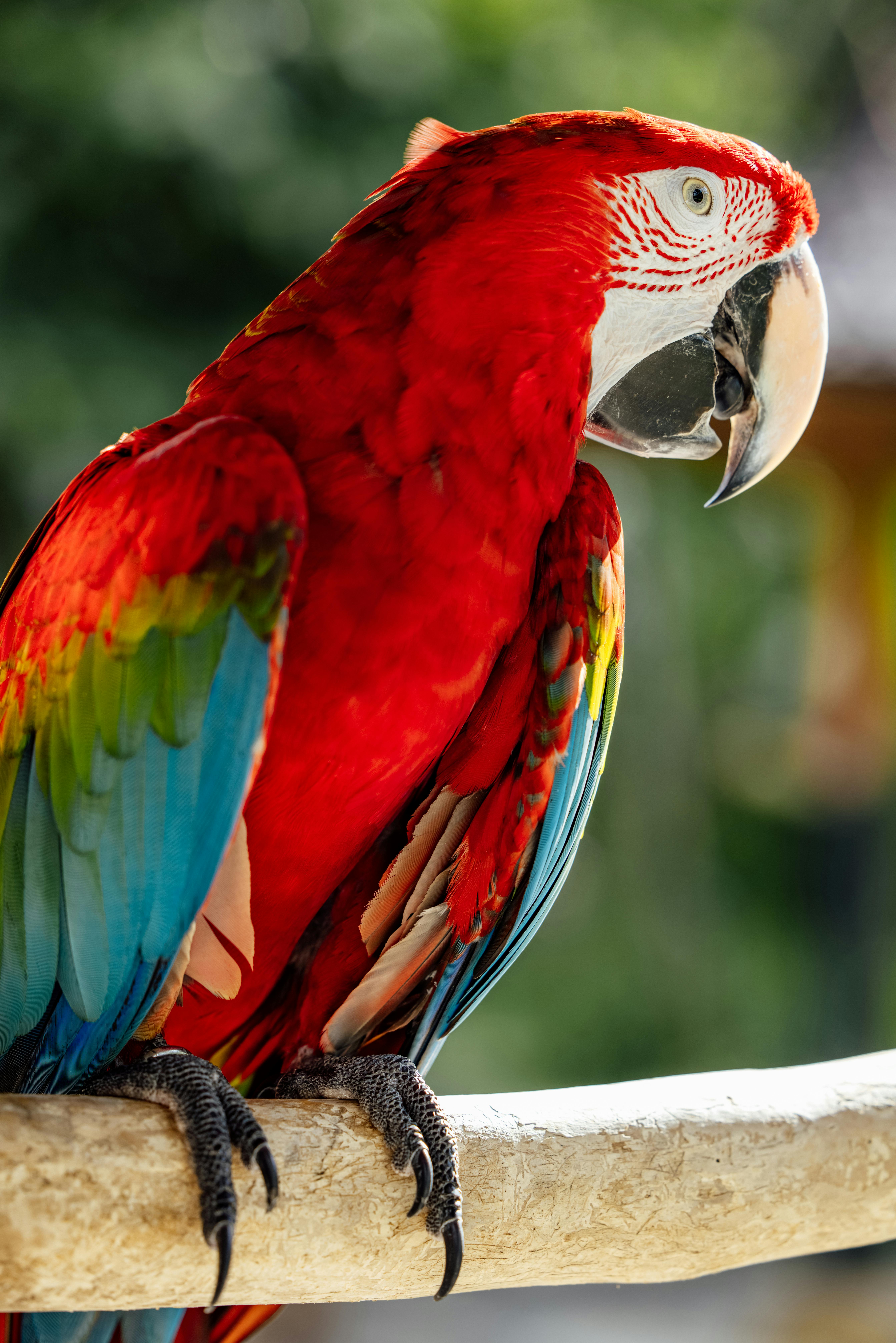Top 5 Effective Tips for Caring for Your Parrot Pet in 2025

Essential Guide to Parrot Care: Why It Matters
Caring for a parrot is unlike any other pet ownership experience; it requires a deep commitment and understanding of their unique needs. Parrots are intelligent, social creatures that require not only physical care but also emotional and mental stimulation. As we step into 2025, it’s vital for parrot owners to stay updated with the best practices in parrot care to ensure a happy and healthy life for their feathered companions.
With various parrot breeds available, each with distinct care requirements, it’s essential to grasp the fundamentals of parrot health, nutrition, and socialization. Furthermore, knowing how to train and care for your parrot will enhance your bond and improve their behavior. In this article, we’ll explore five effective tips that can enrich the life of your pet parrot.
By following these guidelines, you’ll not only be promoting a long and healthy lifespan for your bird but also creating an enriching environment that caters to their social needs. Let’s delve into these practical strategies for caring for your parrot.
Choosing the Right Parrot Habitat
Building a suitable habitat for your parrot is crucial for their overall wellbeing. Parrots thrive in environments that provide enough space to explore, play, and feel safe. Depending on the species, your habitat might vary widely, but there are some universal principles.
Selecting Appropriate Cage Size
The size of your parrot’s cage will depend on its breed; larger parrots require bigger spaces. A good rule of thumb is that the cage should be a minimum of two wingspans wide. Additionally, the cage should have horizontal bars to enable climbing and a variety of perches at different heights to promote exercise.
Utilizing Safe Materials
Ensuring that your parrot’s habitat is made of safe, non-toxic materials is critical. Metals like stainless steel are preferable for cages, while natural woods can be used for perches. Always avoid treated or painted materials that could harm your parrot.
Environmental Enrichment
To keep your parrot engaged, incorporate a wide range of toys, including shreddable items and foraging toys that encourage them to search for food. This stimulation helps combat boredom, which can lead to behavioral problems in parrots.
Importance of Parrot Diet and Nutrition
Understanding the dietary needs of your parrot is essential for maintaining their health. A balanced and nutritious diet will significantly enhance your parrot’s lifespan and quality of life.
Understanding Parrot Dietary Needs
Parrots require a varied diet that includes high-quality pellets supplemented with fresh fruits, vegetables, and nuts. Specific dietary requirements may differ between parrot species, so consult with a veterinarian to tailor a diet that’s right for your bird.
Avoiding Toxic Foods
Many common human foods can be toxic to parrots—such as avocado, chocolate, and caffeine. Familiarizing yourself with these harmful items and ensuring they are kept out of reach is vital for your parrot’s safety.
Monitor Food Intake
Tracking your parrot’s eating habits plays a crucial role in preventing obesity and ensuring proper nutrition. Regularly consult with a vet to review their diet, especially if you notice any changes in weight or energy levels.
Training Your Parrot: Building Trust and Communication
Training is not just about teaching tricks; it’s essential for your parrot’s mental health and your mutual companionship. Understanding the basics of parrot training can enhance your communication with your pet.
Implementing Positive Reinforcement
Using treats and praise during training sessions creates a more compelling learning environment for your parrot. Positive reinforcement will motivate your bird to participate eagerly in training exercises.
Understanding Parrot Communication
Get to know your parrot’s vocalizations and body language. Recognizing what your parrot is trying to tell you can strengthen your bond and ensure that their social needs are met effectively.
Socialization Techniques
Introduce your parrot to different people and environments gradually. Socialization helps them become comfortable and reduces the likelihood of fear-related behaviors. It’s crucial to stay patient and allow your bird to acclimate at their own pace.
Providing Enriching Playtime and Activities
Regular interaction and playtime are essential aspects of parrot care. Engaging your bird in interactive play can help fulfill their emotional needs and prevent boredom.
Best Toys for Interactive Play
Offering a mix of toys, including interactive and stimulating options, keeps your parrot entertained and intellectually stimulated. Rotate toys often to maintain their interest and curb destructive behaviors.
Adjusting Playtime Based on Personality
Recognize your parrot’s personality traits to tailor their playtime. Some parrots may enjoy solitary play, while others thrive on social interaction. Understanding these differences can improve their overall happiness.
Outdoor Activities
If safe to do so, allow your parrot to experience outdoor playtime in a secure aviary or by using a harness. Fresh air and new sights can be exhilarating for your bird and serve as a form of enrichment.
Ensuring Regular Health Checkups
Just like any pet, maintaining your parrot’s health is non-negotiable. Regular veterinary checkups are essential for identifying potential health issues before they escalate.
Signs of a Healthy Parrot
Understand the signs of a healthy parrot, such as bright eyes, clear nostrils, and vibrant feathers. Monitoring their appearance can help detect early signs of distress or illness.
Common Parrot Diseases
Being aware of common parrot diseases enables you to recognize symptoms early. Conditions like feather plucking or respiratory issues should prompt you to seek veterinary advice promptly.
Vaccination and Preventive Care
Ensure your parrot’s vaccination schedule is up-to-date and discuss preventive measures with your veterinarian, including parasite control and proper nutrition. Regular health checks contribute significantly to your parrot’s longevity.

Q&A: Common Parrot Care Queries
What is the best diet for my parrot?
A balanced diet should consist mainly of high-quality pellets, fresh fruits, and vegetables tailored to your specific parrot species. Avoid toxic foods and monitor their weight to ensure a healthy diet.
How often should I take my parrot to the vet?
Regular vet checkups are recommended at least once a year, or more frequently if your parrot shows signs of illness. Early detection is key to preventing serious health issues.
Can my parrot be trained to talk?
Many parrot species are capable of mimicking human speech. Regular interaction, combined with positive reinforcement, can encourage your bird to develop talking skills. Start simple and be patient!
How can I keep my parrot entertained?
Rotate toys regularly, provide variety in their diet, and offer daily opportunities for social interaction and training to keep your parrot happy and engaged.
What are the signs that my parrot is unhappy?
Behavioral changes such as excessive screaming, feather plucking, or a decline in social interaction can indicate unhappiness. Address these issues promptly by improving playtime and socialization.
By implementing these effective tips, you’ll be able to foster a nurturing environment for your parrot that supports their health and happiness. Staying informed about the latest in parrot care is essential for any dedicated parrot owner!
For additional resources on parrot care, check out these informative links: Best Bird Cages and Exotic Bird Care.
